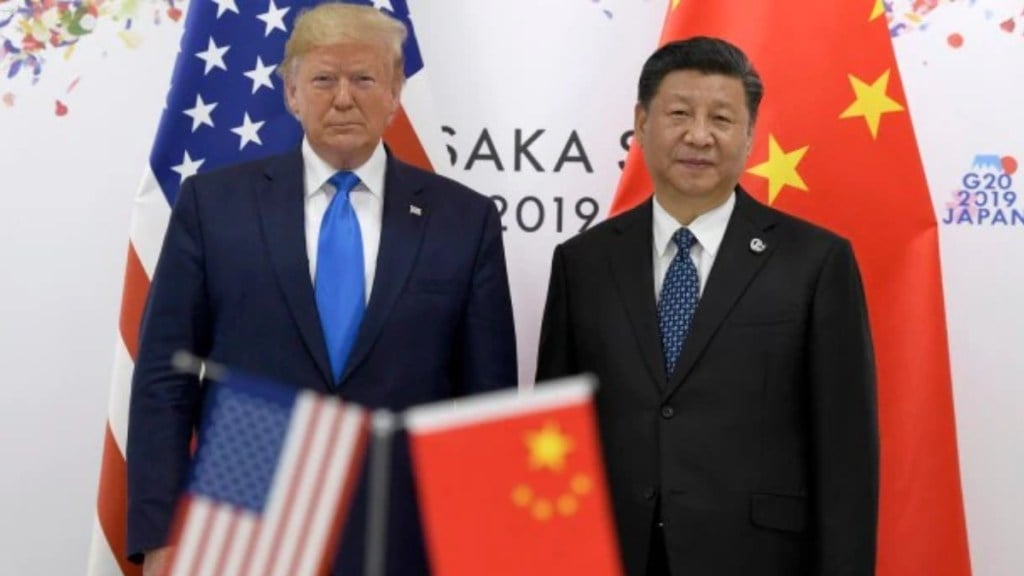US market opened lower on Friday though US President Donald Trump signalled at meeting Xi Jinping. In the early hours of trading, The Dow Jones Industrial Average (.DJI), opens new tab fell 89.9 points, or 0.20%, at the open to 45,862.37. The S&P 500 (.SPX), opens new tab fell 15.8 points, or 0.24%, to 6,613.27, while the Nasdaq Composite (.IXIC), opens new tab dropped 72.7 points, or 0.32%, to 22,489.815.
President Trump on Friday stated that the high tariffs on Chinese goods were “not sustainable,” easing some concerns about further escalation in the ongoing trade dispute between the US and China.
“But that’s what the number is,” Trump said in an interview with Fox Business. “It’s probably not [sustainable], you know, it could stand, but they forced me to do that.”
His comments followed remarks earlier in the week where he confirmed that tensions with China remained high. When asked on Wednesday if the two countries were heading for a prolonged trade war, Trump replied, “Well, you’re in one now.”
Treasury Secretary Scott Bessent indicated that there was still a possibility the tariff pause between the US and China could be extended. Trump also confirmed he will meet with Chinese President Xi Jinping later this month.
“I think we’re going to do fine with China,” he added.
In recent days, US-China relations have grown more strained, though both sides have sent mixed messages about the potential severity of the fallout. On Thursday, China accused the US of creating “panic” over new Chinese export controls on rare earth materials, according to the state-run Global Times.
Last Friday, Trump announced that the US would impose an additional 100% tariff on Chinese goods starting November 1, responding to Beijing’s new restrictions on rare earth mineral exports.
In the days since, China retaliated by sanctioning US units of a South Korean shipping company, while Trump warned of further trade restrictions following China’s decision to halt U.S. soybean purchases.
Meanwhile, the US budget deficit for fiscal year 2025 declined, in part due to increased revenue from tariffs. According to Treasury Department data, the deficit dropped by 2% to $1.78 trillion, down from $1.82 trillion in 2024.
In a move aimed at helping domestic carmakers, the White House is preparing to ease tariffs on the US auto industry. The Commerce Department is expected to announce a five-year extension that will allow automakers to lower the tariffs they pay on imported car parts.

